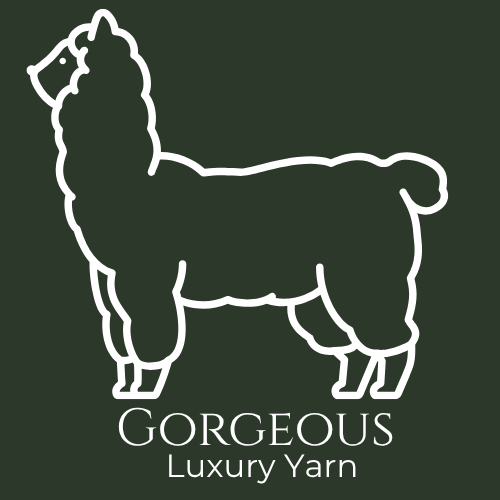Pattern for Agave Cardigan using Manos Alegria Grande Yarn
Pattern for Agave Cardigan using Manos Alegria Grande Yarn
Addons
-
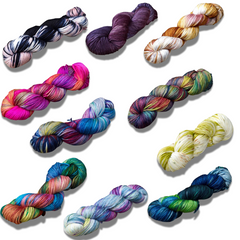
Manos Alegria Grande Yarn
Regular price £18.50Sale price £18.50 Regular priceUnit price / per£22.50
Couldn't load pickup availability
 100% Secure payment
100% Secure payment
Free shipping on orders over £35
Returns accepted for 90 days
Shipment in 12-48 hours
You will be sent a link to download a digital version.
Free knitting pattern for a cosy raglan sleeve cardigan using Manos del Uruguay Alegria Grande. Knitted in double moss stitch with ribbed welts and button band. Knitted as flat panel - back two fronts and arms seamed together.- 6 (6, 7) x 100g hanks Manos Del Uruguay Alegria Grande (75% superwash Merino/25% Polyamide), 180m/197yds per 100g
- 4mm (US #6) needles and 5mm (US #8) needles, or size needed to obtain correct tension
- Stitch markers
- Tapestry needle
- Stitch holders and safety pins
- 9 large buttons
Size
-
Small (Medium, Large) 81-86cm (91-96cm, 101-106) cm / 32-34in (36-38, 40-42) inches
- Actual measurements: 89 (99, 109) cm / 35(39, 43) inches
- Length: 59 (63, 64.5) cm / 23 (24¾, 25½) inches
- Sleeve length: 46 (46, 47)cm / 18 (18, 18½) inches
Need more information?


WTO Fair Trade
Superwash
Less Chemicals
Stain Resistant
No Ironing

WTO Fair Trade
Superwash
Less Chemicals
Stain Resistant
No Ironing

WTO Fair Trade
Superwash
Less Chemicals
Stain Resistant
No Ironing

WTO Fair Trade
Superwash
Less Chemicals
Stain Resistant
No Ironing
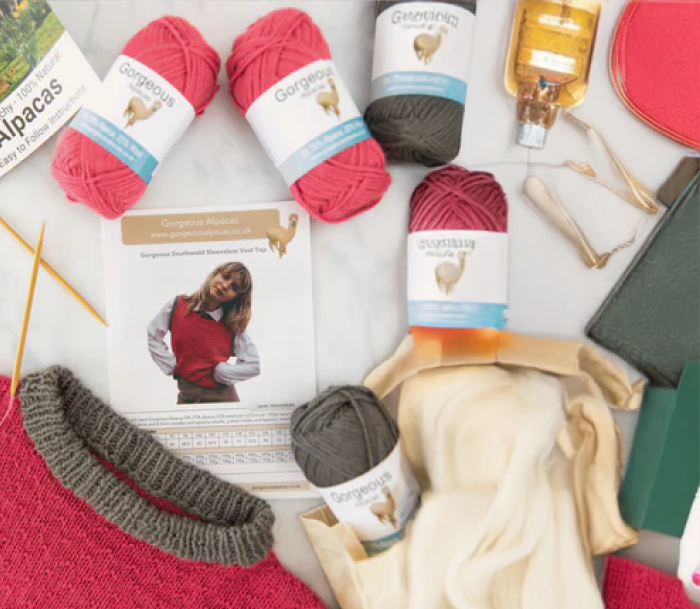
Pick your Pattern
Unlock Your Creative Potential with a great range of patterns matched with divine yarn in vibrant colours and How To videos for the stitches.
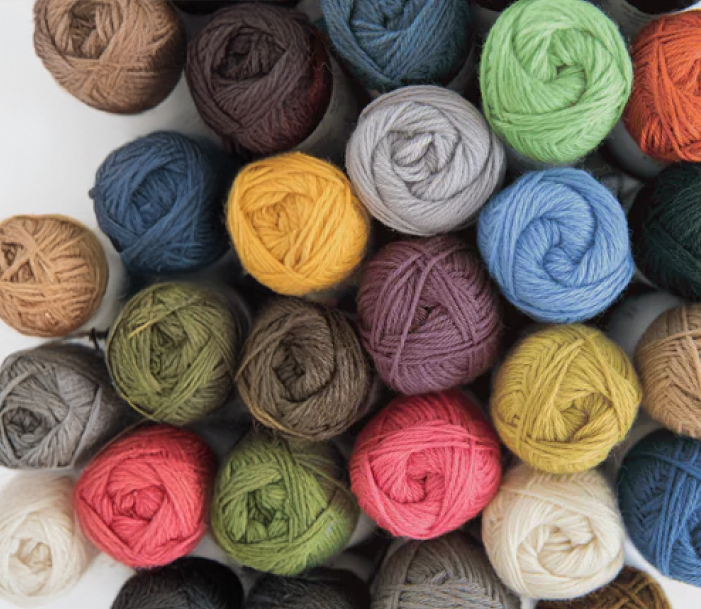
Choose your Colours
Unlock Your Creative Potential with a great range of patterns matched with divine yarn in vibrant colours and How To videos for the stitches.
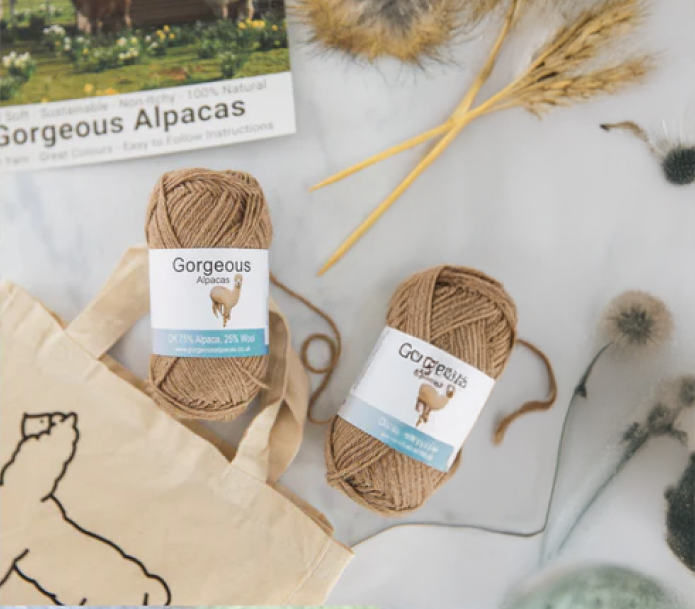
Receive your Kit
Unlock Your Creative Potential with a great range of patterns matched with divine yarn in vibrant colours and How To videos for the stitches.

Create your Unique Home Knit
Unlock Your Creative Potential with a great range of patterns matched with divine yarn in vibrant colours and How To videos for the stitches.
Frequently Asked Questions
Natural fibers are biodegradable and decompose naturally, unlike synthetic fibers, which take over 200 years to degrade. During this time, they contribute to landfill waste, release greenhouse gases, and leach toxic chemicals into the environment.
Alpaca material is stain-resistant, which means that it needs less washing and is less likely to get ruined by stains … and alpaca is stain-resistant without having chemicals and coatings added to it to make it so.
Sustainable Fashion Story
Alpaca yarn is naturally wrinkle-resistant, eliminating the need for ironing and reducing energy consumption. This helps lower carbon emissions, with ironing estimated to produce 190 kg of CO₂ per person annually.
Unlike sheep and goats, alpacas graze sustainably by trimming grass instead of uprooting it. This allows the grass to regrow naturally, preserving the soil and supporting healthy ecosystems.
